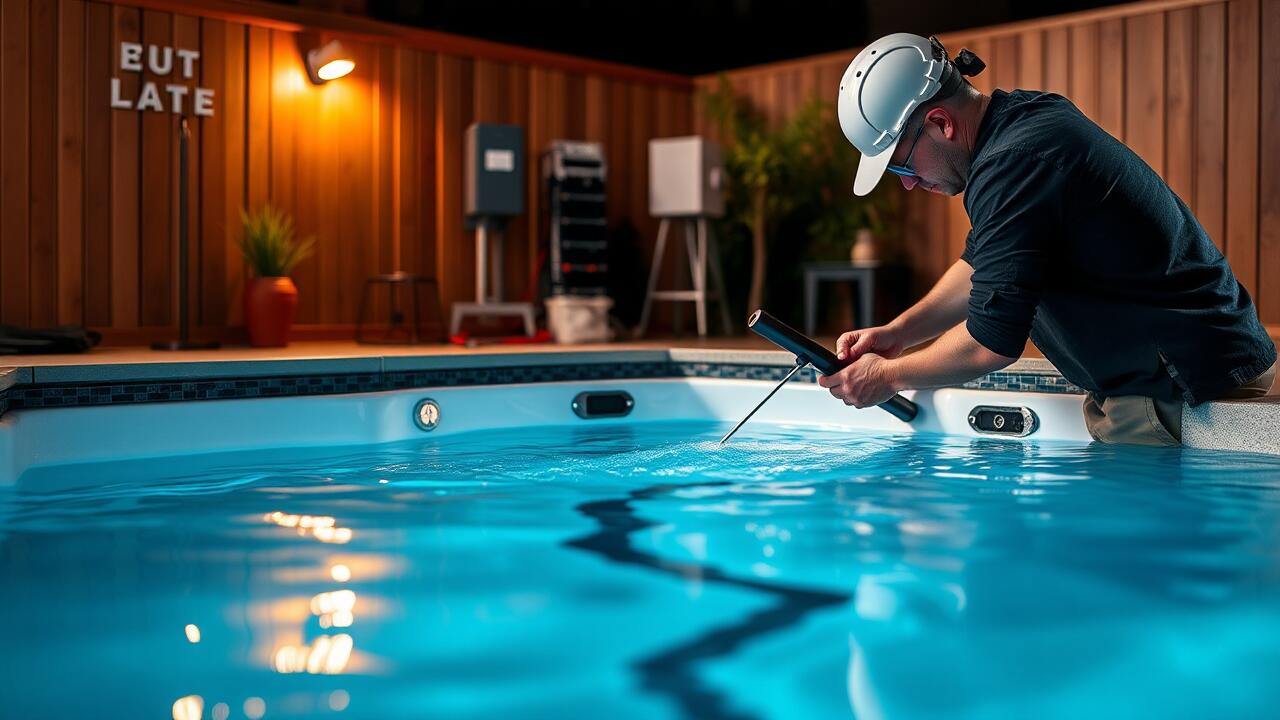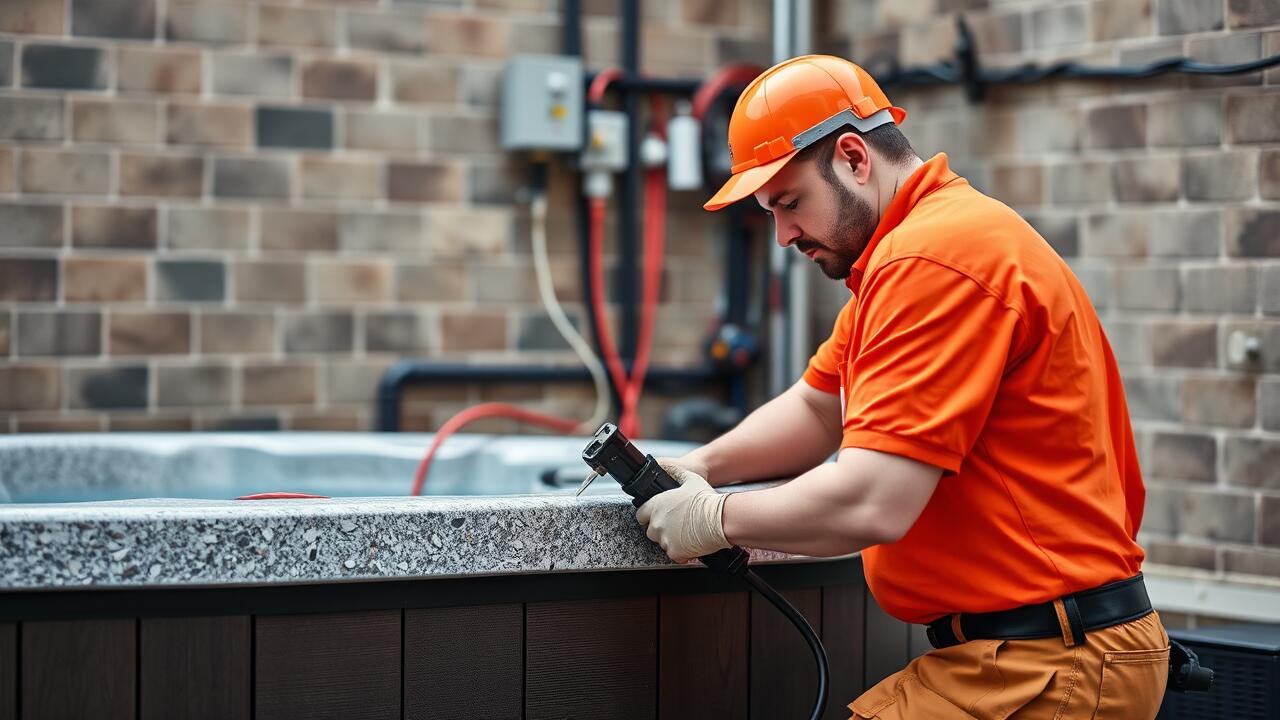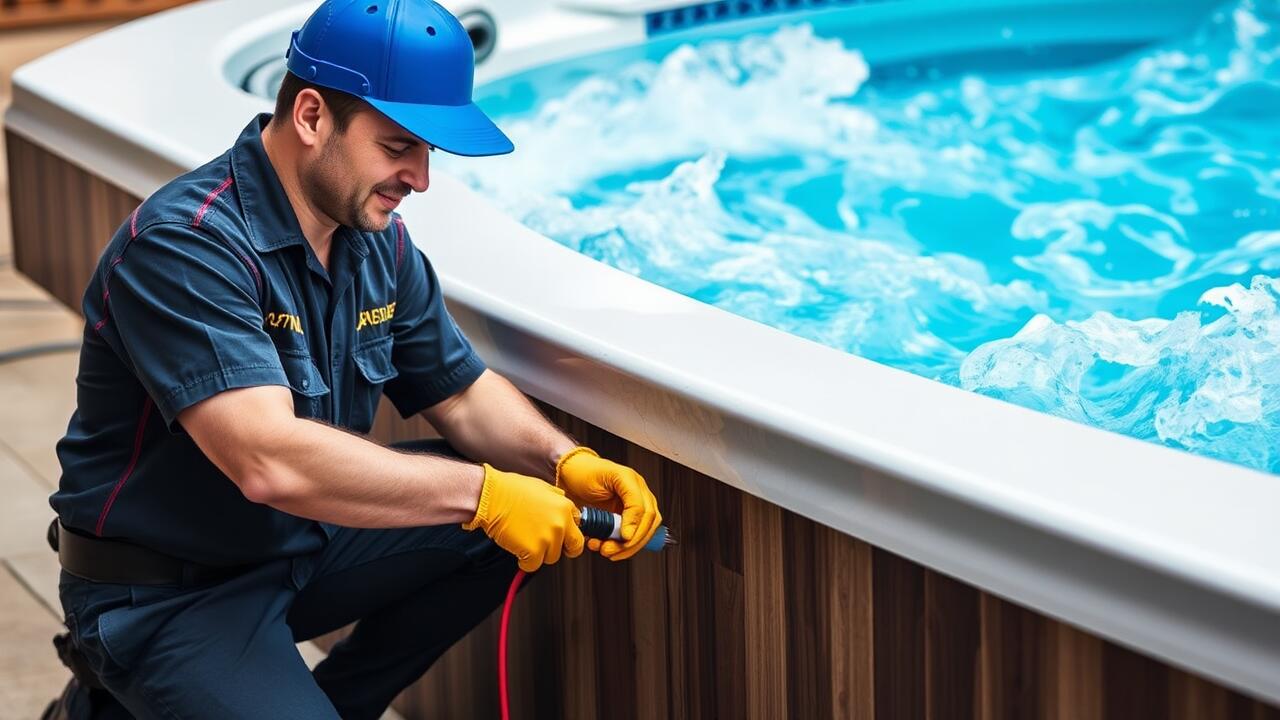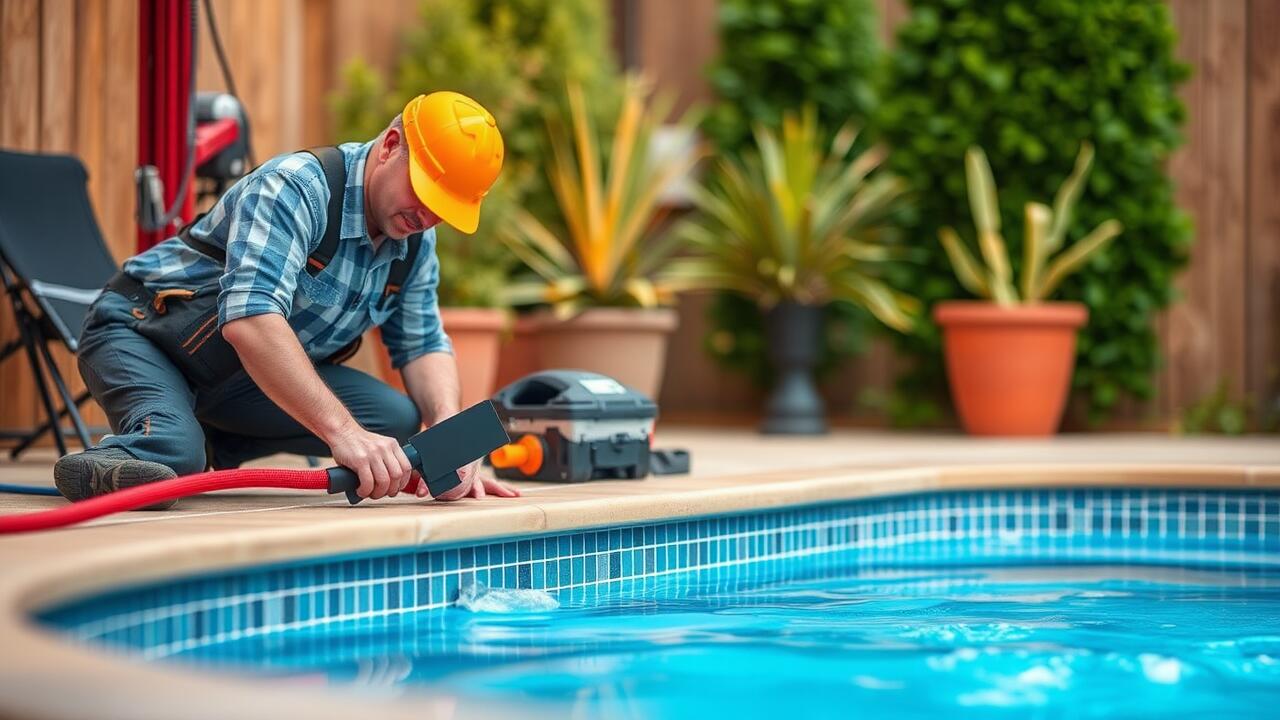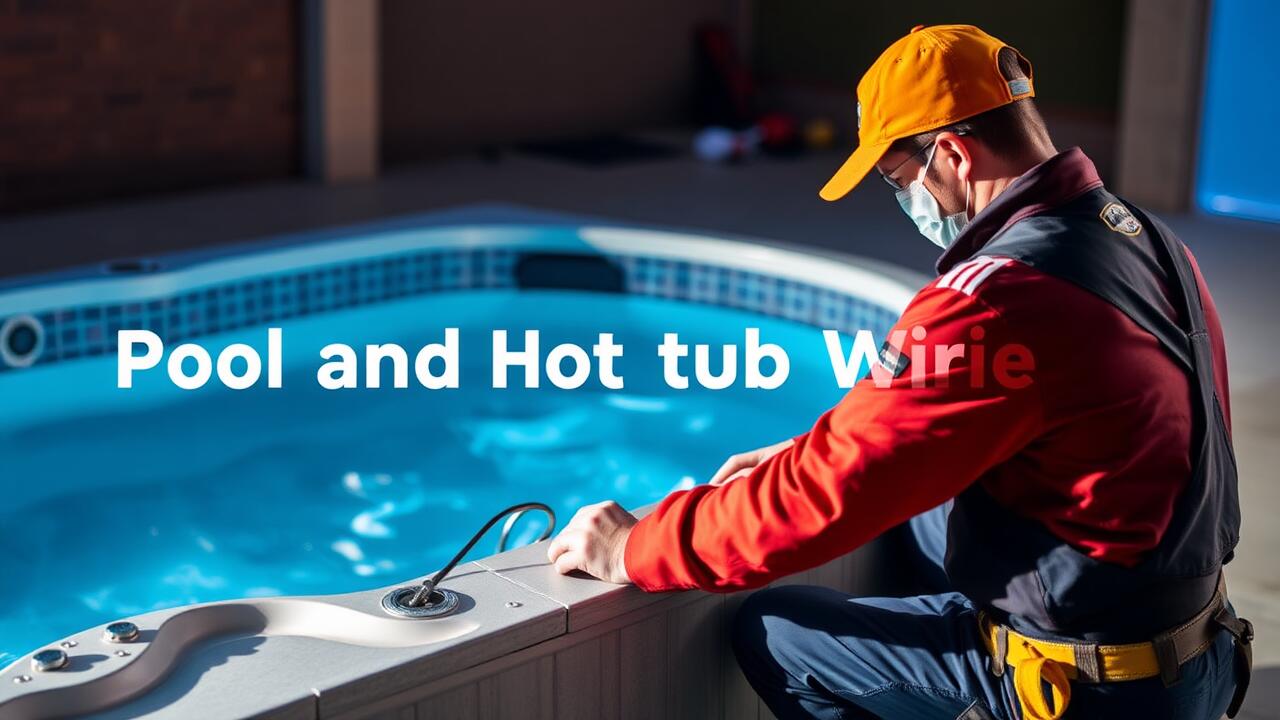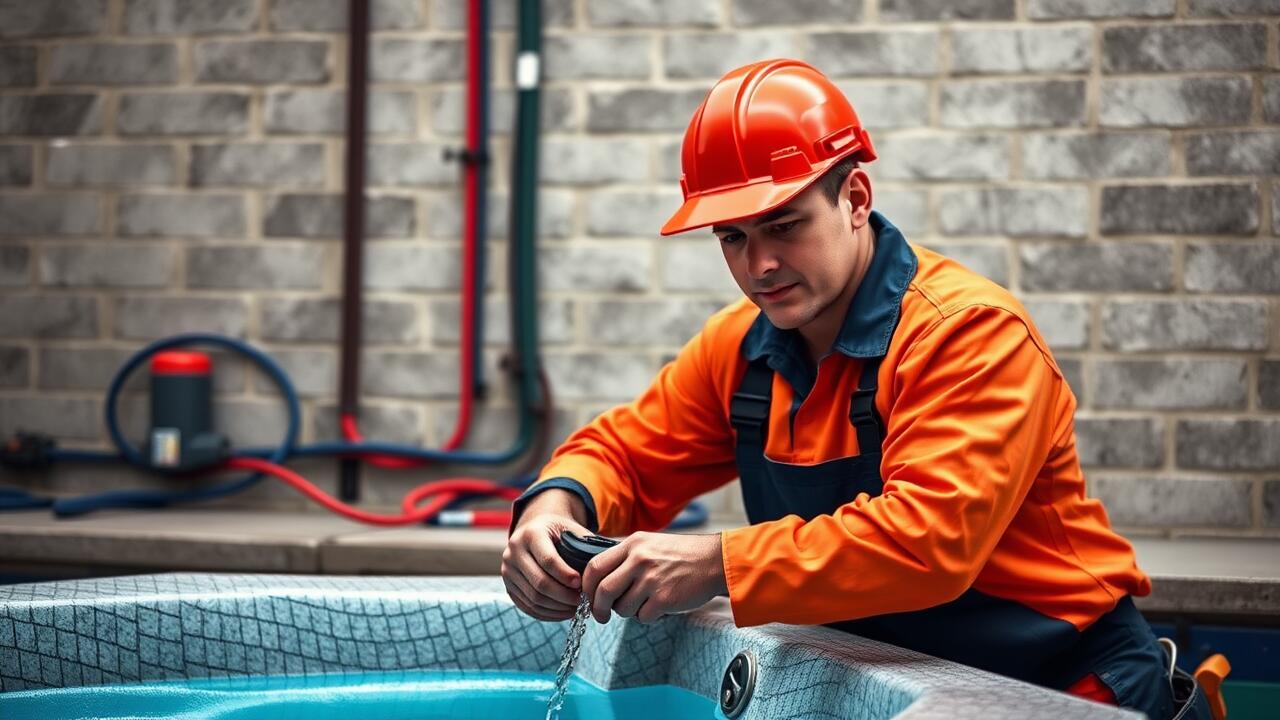
Local and National Codes for Pool Safety
Local and national codes for pool safety are essential to ensure that swimming pools are safe for public and private use. These regulations are designed to minimize the risk of electrical shock and other hazards. Compliance with standards set forth by organizations such as the National Electrical Code (NEC) is vital. Local jurisdictions may also implement specific codes that address unique environmental factors. This makes it necessary for pool owners to understand their local requirements, which can differ significantly.
For residents in areas like Kingwood, Houston, following the specific guidelines for pool and hot tub wiring is crucial. The regulations mandate proper grounding and bonding to prevent electrical incidents. Adhering to these codes not only promotes safety but also helps in avoiding potential liability issues. Pool professionals often need to be familiar with both national standards and local amendments to ensure full compliance during installation and maintenance.
Navigating Regulatory Standards
Understanding regulatory standards for pool safety is essential for anyone involved in the installation or maintenance of pool systems. Various codes govern the electrical safety of pools and hot tubs, ensuring health and safety for swimmers. In Third Ward, Houston, professionals must stay updated with local regulations as they can differ from national standards. Different municipalities may have specific requirements that address local environmental conditions or historical factors, highlighting the importance of consulting local guidelines.
Navigating these standards requires careful attention to detail and a commitment to safety. Compliance with regulations not only protects users but also minimizes liability for contractors and property owners. Understanding how Third Ward, Houston Pool and Hot Tub Wiring typically aligns with broader electrical safety codes will help ensure compliance. Familiarizing oneself with the specific requirements of the area allows for effective and safe pool installation and maintenance practices.
Steps to Ground and Bond Your Pool
Grounding and bonding your pool is essential for safety and compliance with regulations. Start by ensuring that all metal components, such as ladders and railings, are properly bonded. This involves connecting them to a common grounding point using a bonding wire. It is important to select the appropriate gauge of wire as specified by local codes, typically a copper wire of a specific size based on the pool's capacity and features.
Next, focus on installing the grounding system. The grounding electrode system should be connected to the pool's equipment, including pumps and heaters. This connection helps to redirect any stray electrical currents, reducing the risk of electrical shock. If you are unfamiliar with electrical systems, consider consulting professionals skilled in maintaining safety standards. For instance, experts in Third Ward, Houston Pool and Hot Tub Wiring can provide assistance in ensuring that your installation meets all safety requirements.
A Step-by-Step Guide
To effectively ground and bond your pool, begin with a thorough evaluation of the area surrounding the pool and any potential components requiring grounding. Ensure that all electrical equipment, including pumps, filters, and lighting fixtures, has a dedicated grounding conductor. This conductor should connect securely to the rebar or a grounding rod positioned in the ground. For Kingwood, Houston Pool and Hot Tub Wiring, local regulations often specify particular requirements for the grounding and bonding of conductive surfaces, necessitating strict adherence to these guidelines.
Next, focus on bonding all metallic components associated with the pool, ensuring a continuous electrical path to prevent voltage differences. This includes ladders, handrails, and any other metallic items in the pool vicinity. Use an appropriately sized bonding wire to connect each component to the pool's bonding grid. For installations in Kingwood, Houston, consulting local authorities or a qualified electrician can provide clarity on specific bonding practices required for your area. This step is crucial for maintaining safety and compliance with established electrical codes.
Best Practices for Maintaining Grounding and Bonding Systems
Regular maintenance of grounding and bonding systems is essential to ensure the safety and functionality of pools and hot tubs. A thorough inspection should be performed at least once a year, focusing on connections between electrical equipment and grounding conductors. Look for signs of corrosion, loose connections, or any visible damage. Re-tightening connections and replacing corroded parts can significantly extend the lifespan of the system while maintaining safety standards.
In Third Ward, Houston Pool and Hot Tub Wiring, it's crucial to document all maintenance activities. This includes recording the dates of inspections and any repairs made. Keeping detailed records helps homeowners track the condition of their systems over time, ensuring compliance with local codes and regulations. Educating yourself about common issues, such as wear and tear on wires or grounding electrodes, can facilitate timely repairs and enhance pool safety.
Routine Checks and Maintenance Tips
Regular maintenance of grounding and bonding systems is essential for ensuring the safety and functionality of your pool. Inspect all connections and conductors to verify their integrity, looking for signs of wear, corrosion, or damage. Emphasis should be placed on the bond connections between the pool structure, metal components, and the grounding system. In areas like Third Ward, Houston, where environmental factors can affect wiring, it's crucial to perform these checks periodically to maintain the reliability of your pool's electrical system.
In addition to visual inspections, testing the continuity of grounding and bonding connections ensures that electrical energy can safely dissipate into the ground. Use appropriate testing equipment to measure resistance and make sure that all components are functioning correctly. If any issues arise during these checks, addressing them promptly can prevent potential hazards. Adopting a consistent routine for these inspections can enhance safety and prolong the lifespan of your pool amenities.
FAQS
What is the difference between grounding and bonding in pool safety?
Grounding refers to connecting electrical systems to the earth to prevent electrical shock, while bonding connects metal components of the pool to ensure they share the same electrical potential, reducing the risk of shock.
Why are grounding and bonding important for pools?
Grounding and bonding are crucial for pool safety as they help prevent electrical shock hazards by ensuring that any stray electrical currents are safely directed away from swimmers and pool equipment.
Are there specific codes I need to follow for grounding and bonding my pool?
Yes, you must adhere to local and national electrical codes, such as the National Electrical Code (NEC), which outlines specific requirements for grounding and bonding to ensure safety.
How often should I check the grounding and bonding systems of my pool?
It is recommended to conduct routine checks of your grounding and bonding systems at least once a year, or more frequently if your pool experiences heavy use or after severe weather events.
Can I do the grounding and bonding work myself, or should I hire a professional?
While some pool owners may be able to perform basic grounding and bonding tasks, it is advisable to hire a licensed electrician to ensure compliance with local codes and proper installation.
